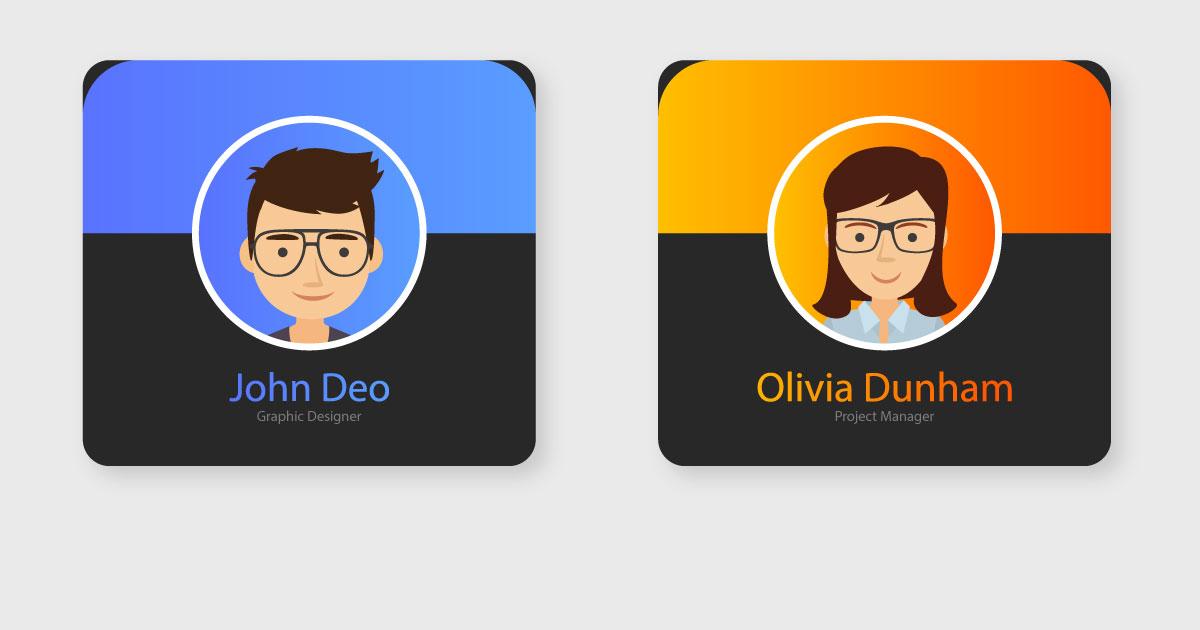As an executive, sales professional or member of a large team, you know how important it is to do your homework. More specifically, you need a full view of your clients or customers, so you know what you’re walking into—and what kind of pitch or interaction will work best. After all, how can you engage someone directly, without knowing who they are and what they’re all about?
That’s exactly where the concept of SWOT Analysis comes into play. SWOT (strengths, weaknesses, opportunities, threats) is a remarkably useful technique to help you identify your audience and get a foothold in the market.
In business, it’s all about carving and targeting a sustainable niche. You learn as much as you possibly can about a rival party or client, before meeting or interacting. This gives you the resources and the preparedness to land an appropriate deal, pitch or engagement.
Obviously, it’s impossible to conduct a SWOT analysis before every single meeting or event, but you can integrate this into a mobile app strategy to help facilitate this as much as possible. This is possible thanks to customer profiles or customer profiling. Personalized, customer profiles that allow the storage, organization and retrieval of data regarding a user or demographics.
Related Article: 10 engaging tips for boosting meeting participation
Think of it as a 360-degree account view, which provides the big picture, at least as it pertains to your audience and customers.
How does this work?
The option to automatically upload customer profile data can open new doors for you and your team. For example, before a meeting, you can look up any user or customer within the app, peruse their profile, read additional insights and connected data and then dive back into the real world. But once you’re prepared, you can face those customers or clientele with full confidence.
The best part is that the experience and information provided can be customized by the leading company, your business, which helps set the tone for your successes, needs, gaps, revenue, industry and more. And all of this can provide an impromptu pre-briefing of sorts. It’s the pre-game before the big game day.
This is all a form of customer identity management, which makes interactions and engagement with your audience more personal. This permeates even down to the customers themselves, who can see what meetings, briefings and events they attended, and how they contributed, if at all.
Related Article: Listening well opens door to good relationships
It’s a simple process, and all the components are streamlined, conventional in a personal profile sense. For example, you have the standard profile image or images, a brief bio or blurb about the person, detailed insights and interactions, and more.
When a client or potential customer walks right up to you, you will recognize them instantly thanks to the profile data associated with them. This pushes meetings and agendas into the spotlight more, as you never have to walk into a room or venue and learn who is who. You know, simply because you (or someone in your organization) has interacted with them before, in some small way, creating a rich customer insight legacy.
75 percent of consumers are more likely to buy from a brand that recognizes them and makes recommendations based on personal history. So, you want them to be more recognizable.
Not only does this build stronger, more reliable relationships but it also provides a deeper level of context to meeting your customers in-person. Furthermore, you can see how interactions and engagement play out through all the steps across pre, during, and post-meeting touch points.
A final, more resolute way to look at it is you’re building customer profiles and collective databases for sales enablement. Every team can leverage the insights and data collected on your audience, from marketing and sales to second-level management and board members. This enables a more efficient, more interactive and much more personal community.

